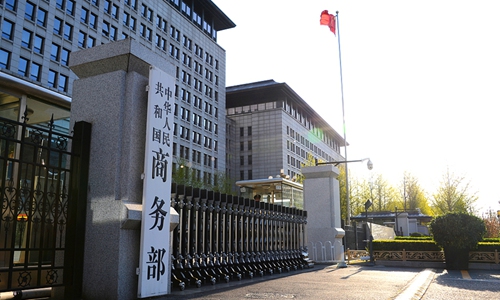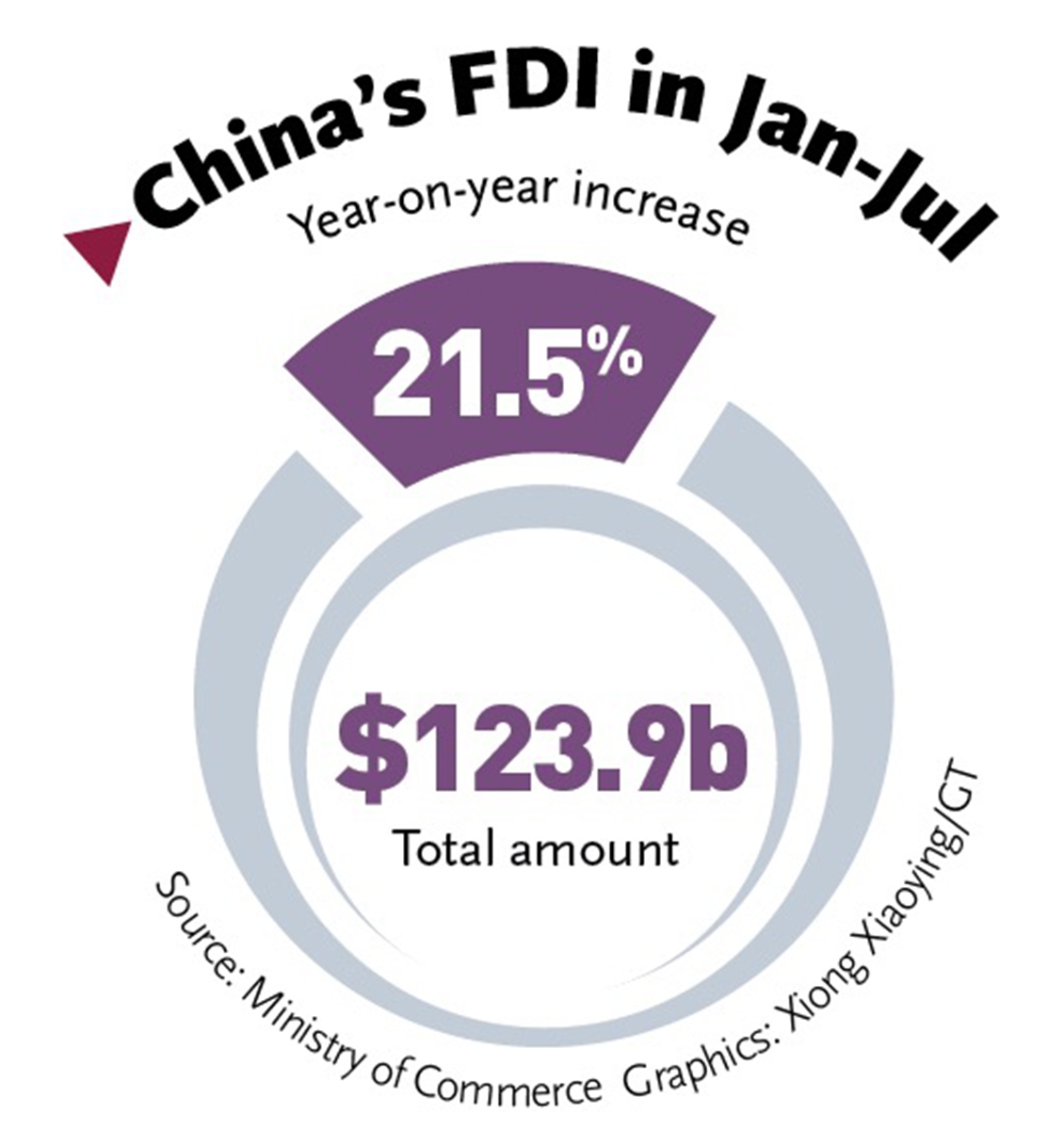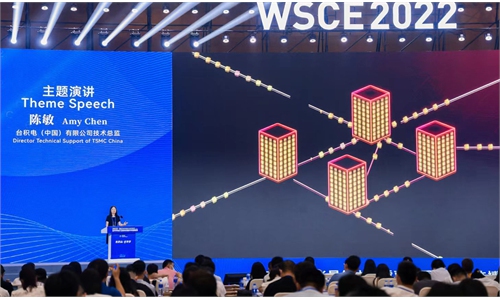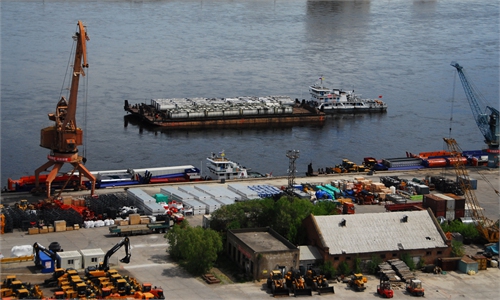China vows ‘new measures’ to expand market access, attract foreign investment
Investment up 21.5% in Jan-Jul, disproves ‘capital outflow’ rumors

The Ministry of Commerce (MOFCOM) Photo: VCG

Photo: GT
China is accelerating the introduction of new measures, including a revision of an industry catalog and a number of influential investment fairs, to stabilize foreign investment, the Ministry of Commerce (MOFCOM) said on Tuesday, noting that China remains an attractive destination for global investment contrary to "capital outflow" rumors hyped by foreign media.
China will accelerate the revision of the industry catalog to include more high-tech industries, in which foreign investments would be encouraged, as part of new measures to stabilize foreign investment, according to an official from the MOFCOM.
The revised version of the catalog aims to expand investment scales related to advanced manufacturing, scientific and technological innovation, and modern services, said Guo Tingting, the MOFCOM official.
In the first seven months of this year, the scale of foreign direct investment (FDI) in China maintained steady growth as a result of the coordinated work of epidemic control and economic development, Guo said.
"Foreign companies are still generally optimistic about the prospects of investment in China," Guo said.
China's actual use of foreign capital rose 21.5 percent year-on-year to $123.9 billion in the first seven months of this year, with investment from South Korea, the US and Japan seeing the fastest growth rates, according to the MOFCOM.
China's FDI maintained double-digit growth from last year's record high, which injected huge vitality into China's economic growth, and it also refuted rumors that foreign investment is leaving China, experts noted.
"Indeed, China's economy is facing temporary downward pressure from the real estate sector and extreme weather, but foreign investors put more value on market prospects. As long as China's economy can return to a normal track, foreign investors will stick to the huge market," Tian Yun, a Beijing-based economist, told the Global Times on Tuesday.
At the next stage, central and western regions will play a key role in attracting FDI, officials and experts noted.
"We will encourage more foreign-funded enterprises to visit the central, western and northeastern regions in China to inspect the business environment and expand investment," Guo said.
A draft foreign investment list for 2022 will add 238 items, and up to 114 existing ones will be modified and expanded, compared with the 2020 version, with a focus of channeling more investment to the central, western and northeastern parts of China, said a notice by the MOFCOM in May.
The sub-catalog of competitive industries in the central and western areas encouraging foreign investment will introduce 188 new items and modify 52.
Tian said that foreign investment in western China has been rising, as infrastructure facilities and the business environment continued to be improved in areas like Southwest China's Sichuan Province and Chongqing, Central China's Hubei and South China's Guangxi.
In addition, China will step up efforts to organize influential trade fairs, including the upcoming China International Fair for Investment and Trade (CIFIT) 2022 in Xiamen, Southeast China's Fujian Province from September 8 to 11, to attract more foreign companies, Guo said.
As one of the most influential international investment events intended to facilitate foreign investment, this year's CIFIT is expected to attract more than 80,000 entrepreneurs from over 100 countries and regions to attend both in person and online, according to the MOFCOM.
There will be over 60 forums and seminars centered on the digital economy, green investment, the Global Development Initiative, the Belt and Road Initiative, BRICS cooperation as well as the Regional Comprehensive Economic Partnership Agreement, to promote international cooperation and investment opportunities.
Even though the Chinese economy faces downward pressure amid the COVID-19 pandemic and global geopolitical tensions, China has been continuing to further open up its market to foreign investors with increasing efforts, attracting many foreign firms to expand their investment in the Chinese market, experts noted.
In one recent example, German chemical giant BASF, a major foreign investor in China's chemical industry, said on August 24 that it would accelerate the incubation of digital talent in China, as the company celebrated the second anniversary of its Digital Hub China in Nanjing, East China's Jiangsu Province.
With this move, BASF further enhances its capabilities in a wide spectrum of digital areas, including cybersecurity, artificial intelligence and data science, the Internet of Things, and cloud and commercial solutions in China's unique digital ecosystem, read a statement the firm sent to the Global Times.
Pan Helin, an economics professor at the Zhongnan University of Economics and Law, said that Chinese localities, especial those in the western part of the country, should seize their resource advantages and combine them with digitalization to attract foreign investment.



